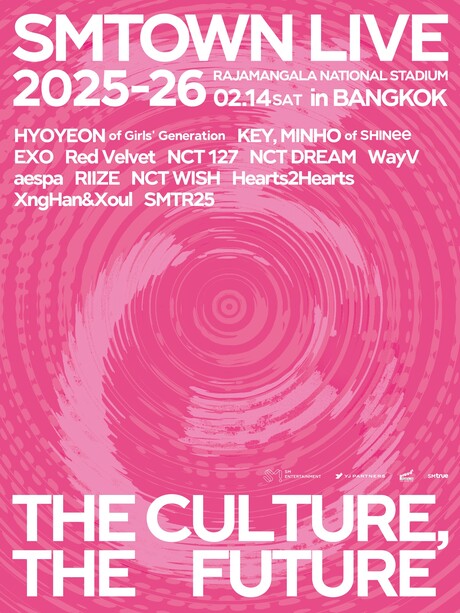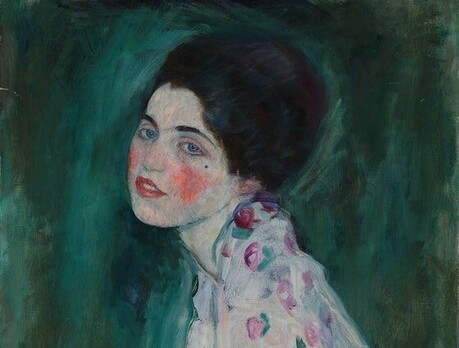The Architecture Forum Zurich Oberland (AFZO) awarded its prestigious 2025 Architecture Prize to five exceptional building projects on Wednesday evening, recognizing outstanding architectural achievements that prioritize sustainability and community impact over luxury. The award ceremony, held for the tenth time at the Garage in Wetzikon, selected winners from over 60 submitted projects based on criteria including innovative design, sustainable practices, and contribution to regional identity.
AFZO President Elisabeth von Mann emphasized that architecture in the Zurich Oberland region is "diverse, bold and of high quality," noting that the prize honors not only the buildings themselves but also the developers' contributions to regional identity. The six-member jury of architects deliberately focuses on usage patterns and sustainability rather than simply rewarding extravagant or unusual projects, reflecting the forum's commitment to meaningful architectural development.
The Speicher Obere Mühle in Dübendorf, created by the City of Dübendorf and designed by Bernath Widmer Architects from Zurich, received recognition for its cultural significance as a concert, comedy, and theater venue. Despite initial polarized reactions when it opened two years ago, particularly regarding its facade and three distinctive gables, the jury praised its "quiet yet public and unmistakable presence." The building's main facade creates symbolic impact while drawing associations with Scandinavian modernism, featuring simple, unclad materials that contrast effectively with the darker roof.
The House for (almost) everything in Wernetshausen, developed by Walter Bachmann from Zurich and designed by Comte/Meuwly Architects, addresses the disappearance of public meeting spaces in the village. This innovative building in Hinwil's outer district serves as both a cultural event space and private retreat, featuring a glass front facing the meadow that creates a maximally transparent and flexible event space. The jury described it as functioning "like a stage to nature" on a floating plateau, combining technological elements with rural aesthetics "light as a butterfly in the meadow" while providing opportunities for all generations.
The residential building on Schulstrasse in Pfäffikon, developed by AMAG Group BVG-Kasse from Zurich and designed by EMI Architects AG, demonstrates that high-quality architecture can be achieved despite modest budgets. The four-story building features quality, differently designed compact apartments that enrich the rural character of Pfäffikon. The jury particularly noted the distinctive penthouse level, where eight dining and living rooms are rotated 45 degrees, creating a crown-like arrangement that gives the house "special grace."
The Westhof residential complex in Dübendorf, developed by Wogeno Zurich and Palmahaus AG and designed by Conen Sigl Architects, sits directly alongside railway tracks on the city's outskirts. Built on the site of a former nursery and occupied in February 2023, the complex houses 83 apartments and 11 commercial studios. The jury praised how the building captures the atmosphere of the former greenhouses while creating an atmospheric courtyard space amid anonymous neighboring buildings. Notable features include a generous rooftop terrace, diverse apartment types including cluster housing for people with disabilities, and cooperative housing management that ensures good resident diversity.
The fifth winner, Grünfelspark in Jona, represents a departure from building projects as a landscape architecture achievement by Linea Landscape Architecture from Zurich. Located near Jona train station on land acquired by the former municipality of Jona from private ownership in 1986, the park addresses the unique challenges of suburban location while distinguishing itself from classical inner-city park designs. Opened in June 2024, the park's combination of grove, meadow, and railway embankment convinced the jury by preserving and strengthening existing qualities while creating a green, open, and versatile recreational space.
Four additional projects reached the final selection but did not win awards: the Rehbühl senior housing development in Uster, a private garden house characterized by extensive wood construction and a zinc roof also in Uster, the Jonagold residential development in Rapperswil-Jona, and the Rosswinkel kindergarten in Effretikon, which opened in October 2023. The AFZO's triennial prize continues to highlight the region's commitment to architectural excellence while emphasizing sustainable development and community benefit over purely aesthetic considerations.






























